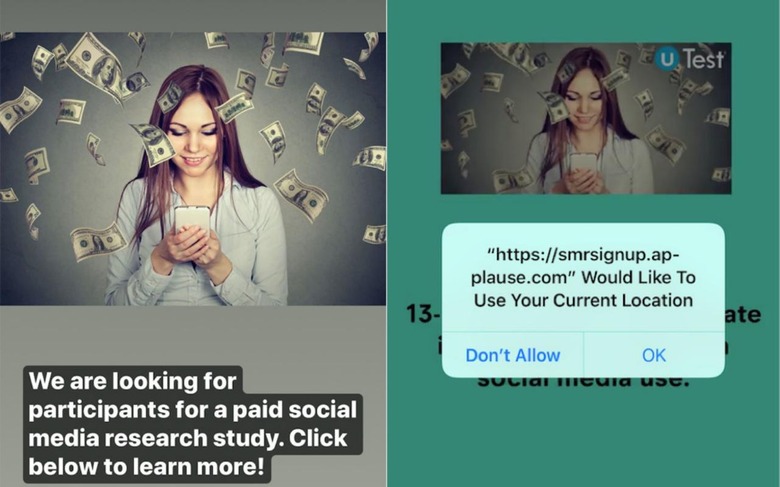Trust In Tech Is At Its Lowest: What Needs To Be Done
The tech market is no stranger to controversy, scandal, and criticism. From the IBM days to the recent US elections, the industry has been rocked by one scandal or another. Recently, however, there has been non-stop news on this or that problem with a company, this or that terrible bug, or this or that lawsuit.Over the years, these have all been chipping away at the trust and confidence that tech companies have built. With all that's happening around us, it's only natural to wonder who we can trust and, more importantly, what has to be done to keep our technology-centric world from collapsing under the weight of all these problems.
Facebook is, of course, the hardest hit company of late. It may have even surpassed Google in the public's eye as the company that can almost do no good. Thanks to the increased scrutiny and publicity it has been subjected to, a lot of its questionable activities in the past have come back to haunt it. Although the pressure on Google has been less lately, the company that once promised to do no evil continues to fight lawsuits and fines over its business practices.
It isn't just about user privacy either. ZTE might be thanking its lucky stars it got off easy. Huawei is now facing, among other things, potential sanctions for breaking trade embargoes, accusations of spying, fraud, and industrial espionage. Qualcomm, who makes the world's most-used mobile processors, stands accused of unfair and illegal business practices in multiple countries.
Apple, often cited as the champion of privacy, has eroded consumer trust in a different way. The way it has handled hardware problems and software bugs show that its commitment to its customers may be limited to how much money it may lose in the process. And while Cupertino has yet to be dragged into a large-scale scandal, it is only able to do so because of one important reason: it keeps everything to itself by locking users in its walled garden as much as it can.
So which tech company can you really trust? It might sound cynical, depressing, and pessimistic, but the truth is that there's almost no tech company you can trust completely. At the end of the day, the smallest startup to multinationals live and die by the revenue they generate. We might not be their product, but our importance as customers and users depends on how we're able to keep them in business.
So do we quit cold turkey on these companies? Unless you live like a hermit, that's sadly impossible to do so. Even if you switch over to open source software and services you can (or someone else) audit, you will eventually encounter any one of these companies and their products. Sometimes they can even get your data through your friend's friend – But just we can't trust anyone in life completely, we can still survive and function on a limited amount of trust. The key is in being aware and conscientious about that data that we share with them.
This goes beyond simply protecting accounts with strong passwords (which might be a lost cause anyway). This is about not filling up every field in an account, especially those that are not required and those that may reveal too much about you. It's about being aware that any photo, video, or sentiment you upload may come back to haunt you even 10 years later. It's about having a healthy dose of doubt about every app you install, every terms of service you agree to, and every service you sign up for. It's simply about remembering there's no such thing as a free lunch, no matter how convincing and how appetizing the companies make it. That is, after all, their strategy.

It will take time before companies can regain their pristine image. Trust is, after all, difficult to build but easy to break. It is not something that can happen overnight, in one week, or even in one month. And it's definitely not something that can happen while companies continue to game the system behind everyone's back while bowing in apology and promising to do better. Actions speak louder than words and these companies continued actions that violate privacy and break laws speak volumes more than blog posts and press statements.
